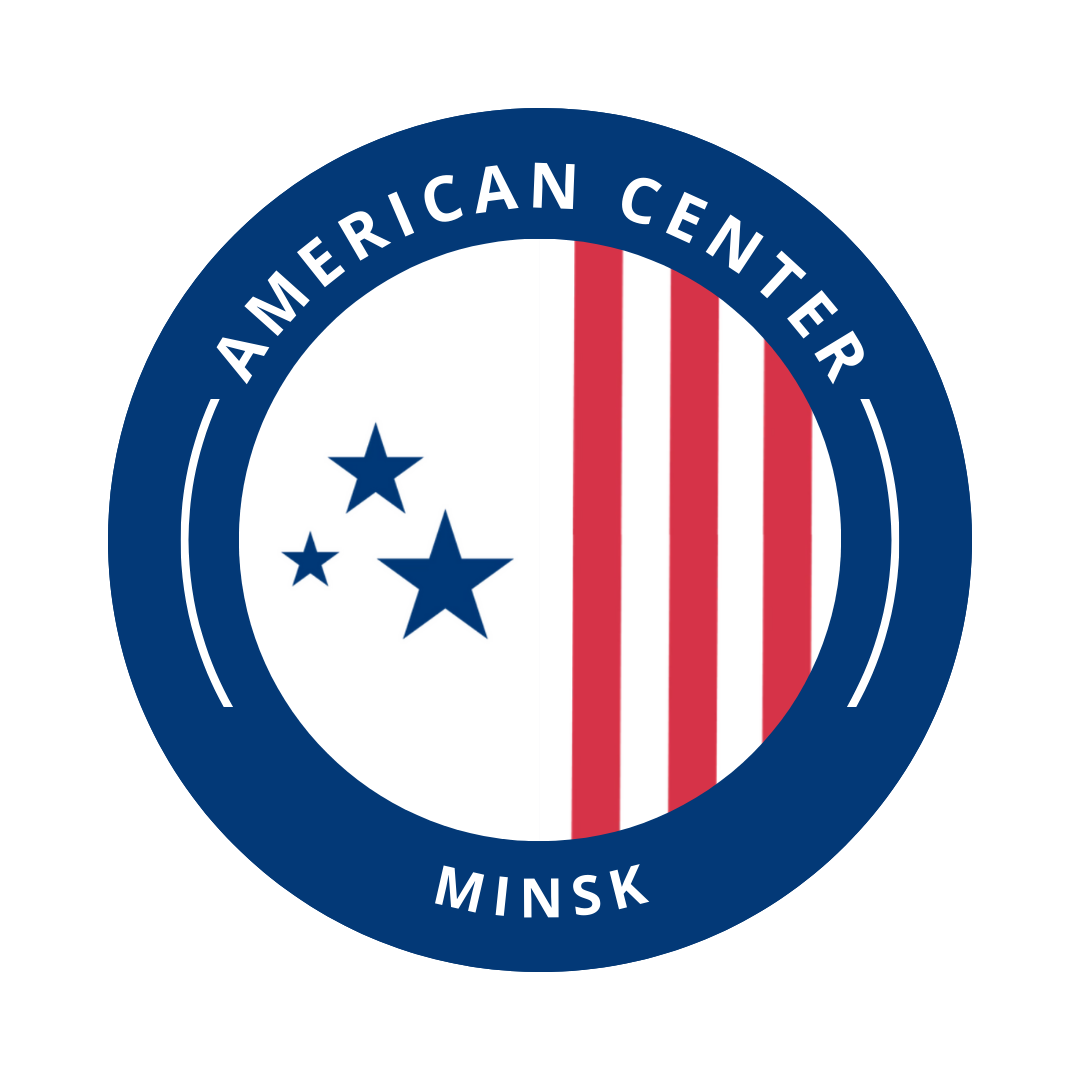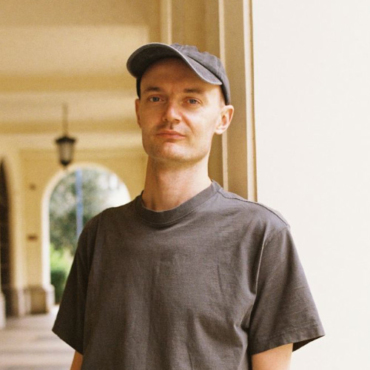Recently, a program for beginner developers – Mentorship program for developers – was held in the virtual space of the American Center. The mentor of the course was Ihnat Kryshchyk – an experienced developer and architect with almost a decade of experience in software development. Currently, Ihnat works as a senior software engineer at the British fintech company “Third Financial”. We asked Ihnat to share the story of his educational and professional journey and to tell us about his course at the American Center.
On His Journey to Becoming a Software Developer
I was born in Minsk. In the ninth grade, I got my hands on a “Study Abroad” guidebook, and I became obsessed with the idea of attending university abroad. This led me to the Warsaw School of Economics (Szkola Główna Handlowa).
As for my career choice, it wasn’t a straightforward path. I got acquainted with the internet early, but it wasn’t until the appearance of Facebook and Vkontakte that I was truly captivated. After registering my profile on Facebook, I was so impressed that I immediately started reading forums on where and how to learn to create something similar. That very day, I went to Minsk’s Central Bookstore and bought a guidebook on PHP, Javascript, HTML, and CSS.
Of course, I “broke my teeth” on this guide and several other books. The internet was full of articles about thirteen-year-old geniuses “hacking the Pentagon,” and I determined that at seventeen, I was “too old for programming.” Some people advised me to study programming fundamentally at university, while others shared superficial tutorials. My hard-earned minimal successes seemed laughable to me, as “Mark Zuckerberg created Facebook in a couple of weeks alone.” So I decided that I was not only too old for this but also more inclined towards humanities. And I went to study economics.
While at the Warsaw School of Economics, I was still drawn to more tech-related subjects, especially since I had some skills from high school, so I took a class in C programming. Nevertheless, I still had a long way to go before becoming a professional developer.
In 2011, I returned to Belarus. It was a year of economic crisis, and the rumors about IT professionals earning $2,000 back then kept motivating me to learn coding more and more. I got a job at Wargaming, initially not in a development position, and started familiarizing myself with the IT industry firsthand.
By that time, I had completed several online courses, and in one conversation with colleagues, I heard about Google stars launching the educational platform Udacity. There, I learned about half of what I needed to get a job. I learned the other half on course.by – a legendary community organized by two students from BSUIR. This experience was valuable not so much for the knowledge as for the community. During after lessons tea with cookies, we had a chat, and fixed each other’s bugs.
The community was truly outstanding, and ambitious, exceptional people came there, many of whom later built several companies (Flatlogic, CreativeIt, FriendlyData). With all this accumulated experience, I finally became a developer.
On Education, Mentorship, and the Importance of Both
I’ve always been interested in education because, in my opinion, sharing knowledge is the least violent way to change the world. I hope that mentorship is just my first step in this journey.
I often felt the lack of a mentor myself, whether it was someone who could tell me how to fix an error given by the compiler, or just smile, pat me on the shoulder, and convince me that I wasn’t too old for programming.
People face a huge number of questions on their career path, and often there are quite simple answers to these questions. And often these answers are not given by a mentor, but found by the mentee themselves. A mentorship program is rather an opportunity for the mentee to finally allocate time to formulate their problems and think about their solutions. The mentor only facilitates these reflections.
Programmers have a problem-solving method called “Rubber Duck Debugging.” The idea is that a programmer, to find a solution, explains their code or problem in detail to an imaginary friend (a rubber duck) and eventually finds the solution themselves. I think mentorship is exactly about helping to ask the right questions and facilitating the mentee’s search for answers. A mentor is like a “rubber duck on steroids.” And I enjoy being a part of that process. I got into this because I felt I already had a solid base of mistakes and their solutions to share.
What does mentorship give me? It helps systematize knowledge, improve leadership skills, develop active listening skills, and, of course, build valuable connections. Besides, it’s often easier to notice behavioral patterns in others that hold them back, and some of these patterns I share as well.
On the Difference Between Mentoring Women and Men
Some gender differences are certainly present, but the cultural context is also important. Compared to Belarusian men, Belarusian women tend to be more responsible, reliable, and hardworking. But they are less bold (which hinders creativity), afraid to step out of the shadows and take on leadership roles. Also it’s usually easier for me personally to establish a horizontal relationship with men, which is necessary for mentoring.
On the Stereotype That “Software Development Is a male profession”
We are different, but what to do with this difference, I suggest everyone decides for themselves. Based on my personal experience in school, university, and at work, I haven’t formed the impression that men handle this work better than women. However, I have observed that women often move from more technical roles to more humanized professions. It’s hard for me to judge what led them to this and whether there’s a genetic predisposition involved.
Impressions from Working with Participants in the Development Course at the American Center
I really liked that we quickly managed to create a trusting atmosphere. The women shared their stories a lot, and overall there was a lot of mutual support.
The main difficulty for me was the negative reality of Belarus. For self-development and growth, optimism is essential, but when there are few external reasons for it, optimism is easy to lose. Therefore, I had to put a lot of afford into convincing some participants that it’s worth working on themselves and that there is light at the end of their tunnel.
How to learn development?
I believe that “any education is self-education.” In each specific case, a good space, context for gaining knowledge and skills can be a university, books, offline or online courses. For me personally, to get hard skills, online courses work best, whether they are university-level (like Coursera) or more practical ones (like on Udemy).


Leave a Reply